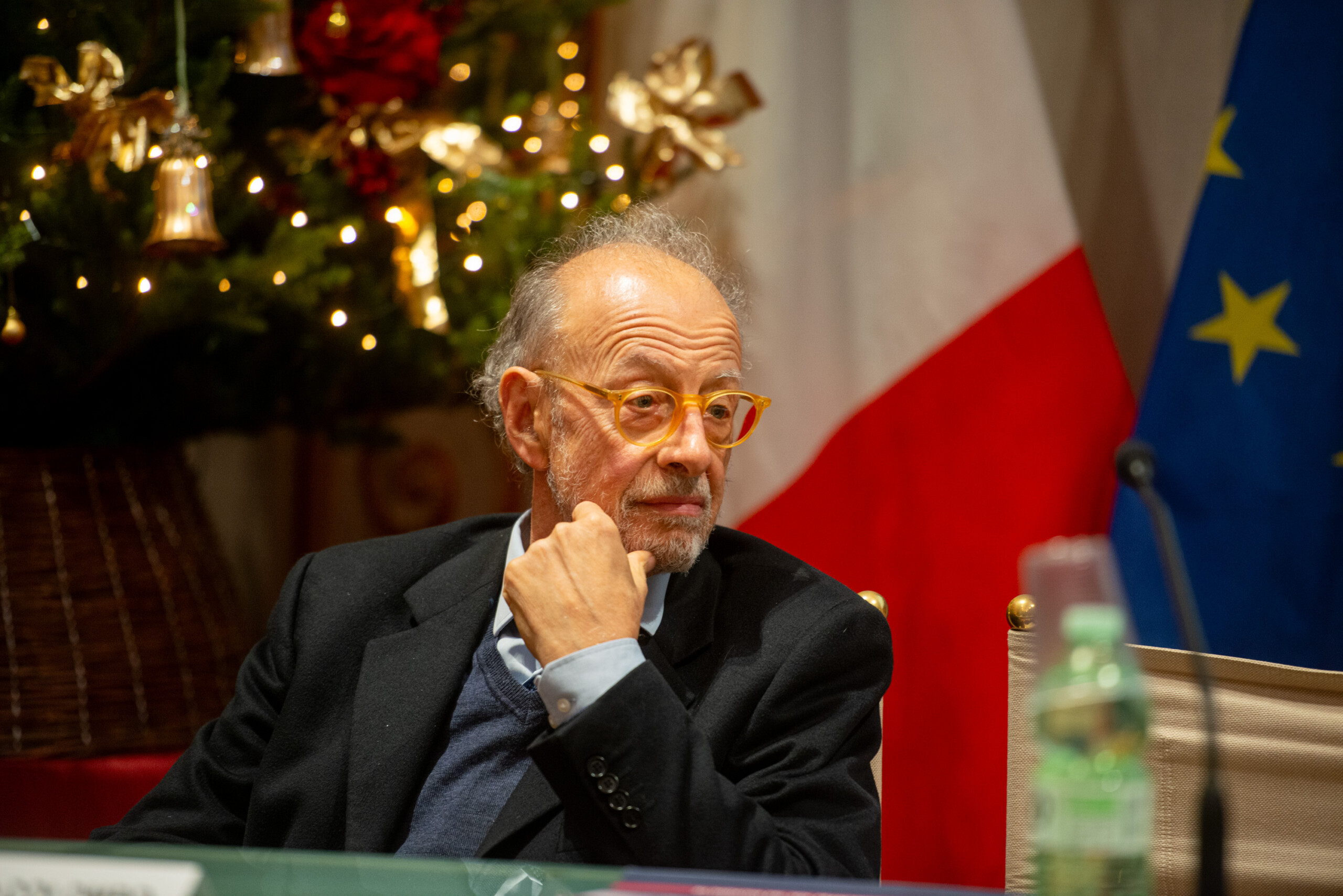Rome, 2 November (LaPresse) – When asked whether there are any aspects of the Nordio reform that jeopardise the independence of the judiciary, Gherardo Colombo, interviewed by Corriere della Sera, replied: "More than one: the creation of a separate CSM (High Council of the Judiciary) for public prosecutors and judges; the system of appointment, by indiscriminate drawing of lots, of the magistrate members of both; the creation of the High Disciplinary Court and its composition. They reduce the independence and autonomy of magistrates, which guarantee the protection of individual rights, to a mere glimmer. With a paradox: it increases the power of public prosecutors, which the legislator said it wanted to limit.‘ ’The constitutional rules governing the separation of powers are designed precisely to prevent a regression in the architecture necessary for the rule of law. Separation of powers means an independent judiciary that is autonomous from the executive branch,' he adds. 'Creating two CSMs generates a very self-referential investigative office structure, which will inevitably have to be limited sooner or later, with executive control over crime suppression policy: the superpower of the public prosecutor will have to be limited. At the same time, the autonomous governing body will be greatly weakened for judges, as they will not be able to elect its members, who will have to be chosen by lot, while the lay component will still be, albeit indirectly, elected, and therefore likely to be partisan, as is already the case now'.
© Copyright LaPresse


